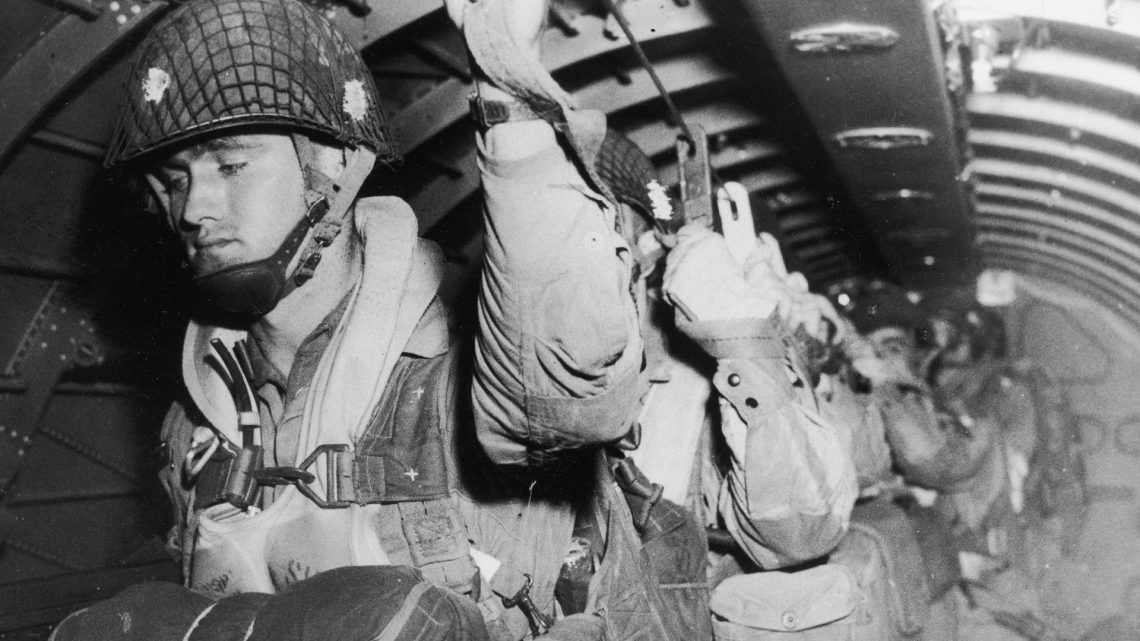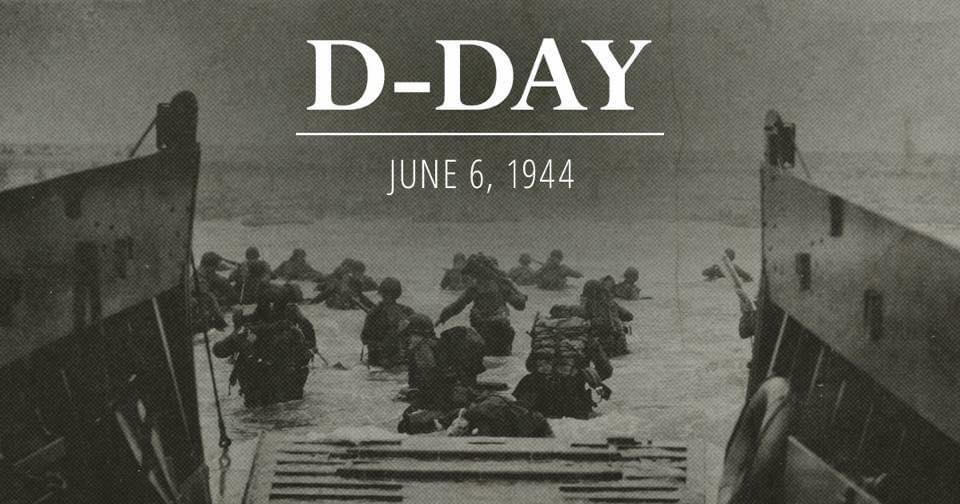
Uncategorized
June 6th 1942

D-Day. On June 6, 1944, the Allied forces orchestrated a remarkable operation that changed the course of World War II. In this post, we bring you 10 essential facts about D-Day, shedding light on its significance and impact on the war.
- The Normandy Landings: D-Day, also referred to as the Normandy landings, marked a critical military offensive during World War II. Its primary objective was to establish a foothold in Nazi-occupied France and initiate the liberation of Western Europe.
- Meticulous Planning: The success of D-Day can be attributed to its meticulous planning and execution. General Dwight D. Eisenhower led the Allied forces, comprising troops from the United States, United Kingdom, and Canada, among others.
- Massive Operation: With over 156,000 troops participating, D-Day stands as the largest amphibious assault in history. Soldiers from different nations came together in a coordinated effort to achieve a common goal.
- Beachhead Landings: The operation involved airborne forces and amphibious landings across five designated beaches in Normandy: Utah, Omaha, Gold, Juno, and Sword. Each beach had its own set of challenges and objectives.
- Naval Fleet: D-Day’s success relied on the support of an extensive naval fleet, which consisted of warships, landing craft, and auxiliary vessels. These ships played a crucial role in transporting troops and providing fire support.
- Turning Point: D-Day proved to be a pivotal turning point in World War II. By establishing a significant foothold in Western Europe, the Allies gained momentum and began to turn the tide against Nazi Germany.
- German Resistance: The invasion faced fierce resistance from German forces, particularly at Omaha Beach, where American troops endured heavy casualties. Despite the challenges, the determination of the Allied soldiers prevailed.
- Sacrifices and Bravery: D-Day stands as a testament to the sacrifices made by the soldiers who fought and died on those fateful beaches. Their bravery and unwavering spirit continue to inspire generations, and their legacy lives on.
- Elements of Success: Several factors contributed to the success of D-Day, including meticulous planning, surprise tactics, effective coordination among Allied forces, and the courage displayed by the soldiers on the ground.
- Historical Significance: D-Day holds immense historical significance, symbolizing bravery, heroism, and Allied unity. The operation paved the way for the liberation of Western Europe and set the stage for the eventual defeat of Nazi Germany.
Conclusion: As we reflect on the events of D-Day, we honor the remarkable achievements and sacrifices of those who participated. The Normandy landings remain a remarkable chapter in history, reminding us of the collective strength that can be achieved through unity and determination. Let us never forget the heroes who changed the course of the world on that momentous day.

